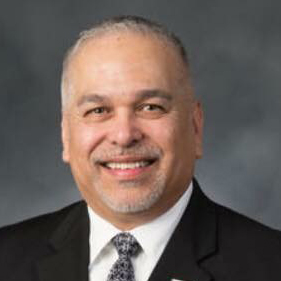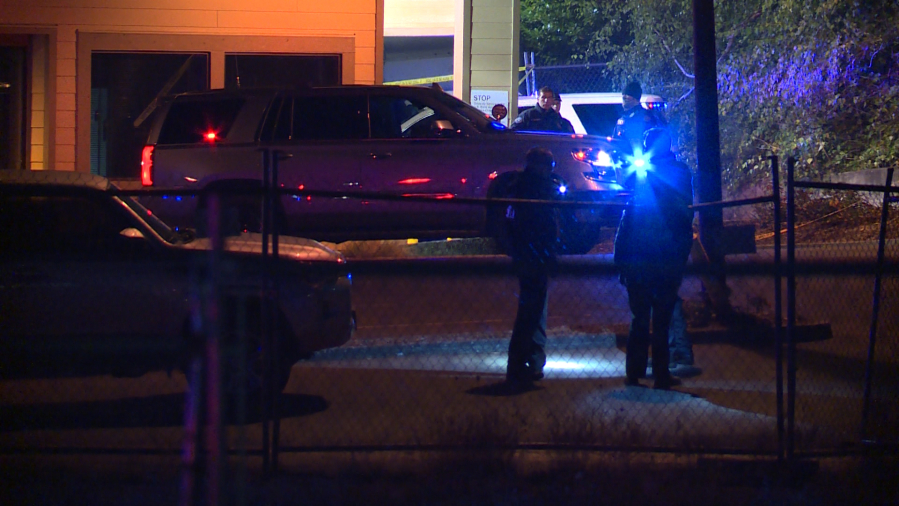Representatives of communities of color in Clark County said the non-law enforcement members of the Southwest Washington Independent Investigative Response Team do not go far enough in increasing the transparency following police shootings, or in reversing systemic racism.
NAACP Vancouver can help in spreading the word about something like the non-law enforcement members, but it’s important to acknowledge the potential barriers for some of the “would-be” participants, said Legal Redress Committee Chair Nickeia Hunter.
A couple of those barriers are that the volunteer members are expected to be on call with no compensation, and there is a background check component that does not have any reasonable relationship to the position, said Hunter. It’s imperative that outreach for such members is increased, she said.
“(Vancouver Police Department) needs to get out in the community and reach out to churches and other organizations active in the community to really say they offered the position to the community as a whole. Making announcements at meetings is a small percentage of the drive it will take to really see the task through,” Hunter said. “There was plenty of time to reach out before COVID-19 to talk. They have not done their due diligence.”
Ed Hamilton Rosales, president of the League of United Latin American Citizens in Southwest Washington, said the Clark County Sheriff’s Office reached out to his organization last year asking people to join. No one was interested, he said.
Hamilton Rosales said he believes that one of the reasons people are refusing to apply is what he described as a historical lack of concern for life displayed by the county’s two largest law enforcement agencies.
The LULAC president sits on the Police Accountability Committee that resulted from the Police Executive Research Forum, commonly called PERF, which reviewed the police department’s use-of-force policies. The committee is filled with city council members, officers and law enforcement guild members, he said.
“The overarching conversation that I’ve had with them is that they are not willing to accept that there is a problem with the officers or their hiring practices. It’s a constant discussion,” Hamilton Rosales said.
He added that paying the non-law enforcement members would be welcome, but it wouldn’t override his community’s overall lack of confidence in policing.
The topic of payment has not yet been broached by officials tasked with solidifying the purpose of the team. Clark County Sheriff Chuck Atkins said he’s open to paying the non-law enforcement members but has concerns about where the money would come from, and whether it’d be better used on hiring new deputies or purchasing equipment.
The future of the team is yet to be determined. Vancouver Police Chief James McElvain said his goal is to be as transparent as possible, and while he’ll never satisfy everyone, the police department will continue to work toward building trust and improving its services.
There are bills under consideration during this year’s legislative session that may have an impact on recruiting new members, McElvain said.
House Bill 1203 centers on community oversight boards, and House Bill 1267 is titled “Concerning investigation of potential criminal conduct arising from police use of force, including custodial injuries, and other officer-involved incidents.” Both bills have been referred to the House Committee on Appropriations.





